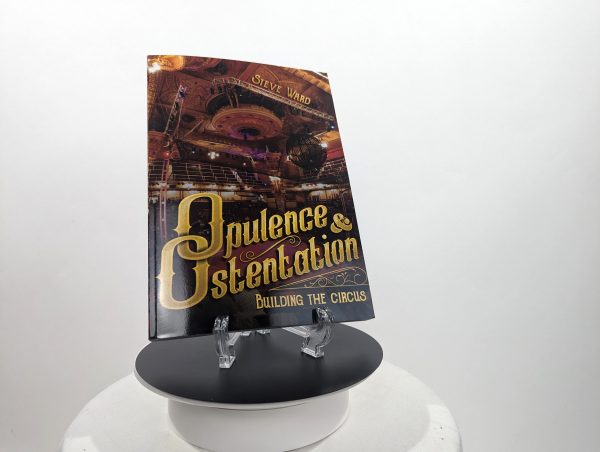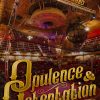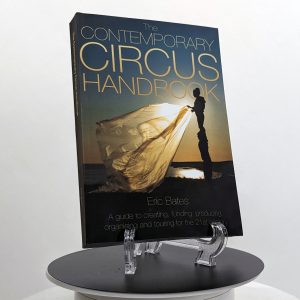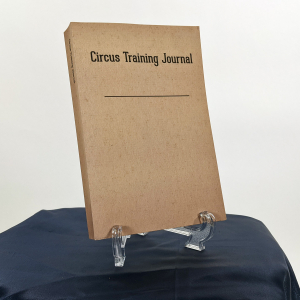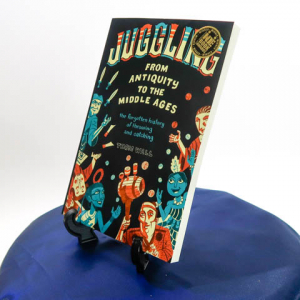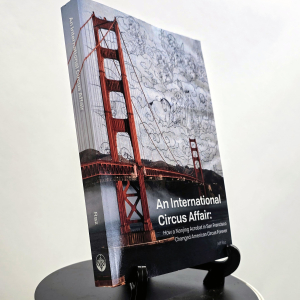Description
ISBN: 978-1-958604-02-1
244pp, 10×7″ paperback
Since the foundation of the ‘modern’ circus in the eighteenth century, the circus has been presented in defined spaces. Initially, performances were given in the open air and, over a period of time, these spaces first became enclosed and then later roofed. Temporary wooden structures often became semi-permanent until, in the nineteenth century, many permanent stone-built buildings were erected solely for the purpose of presenting circus. This phenomenon spread from the UK across Europe and beyond, creating a style of circus architecture that has never been repeated. The purpose of this book is to examine what caused these buildings to be constructed and their design and architecture. Examples of key structures will be explored in detail, some of them still surviving today and still being used for circus performances. The book will also look at the developments of contemporary circus architecture and raise questions as to the future of the circus building.

